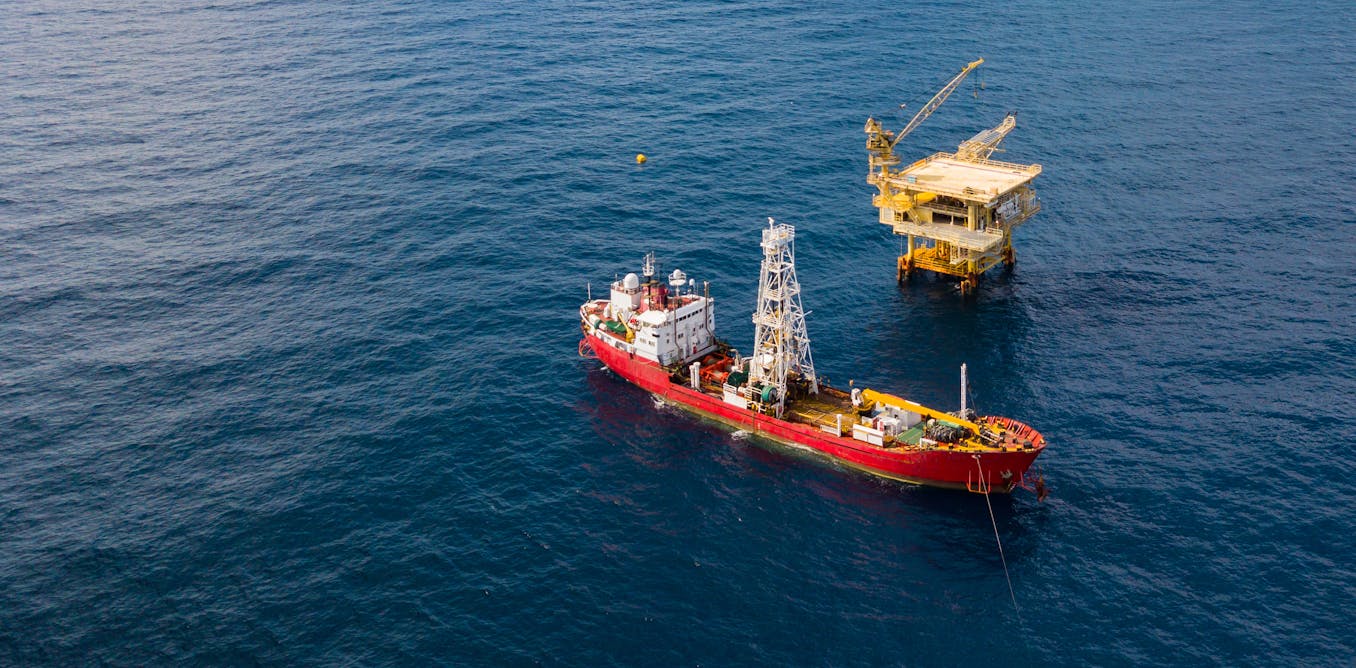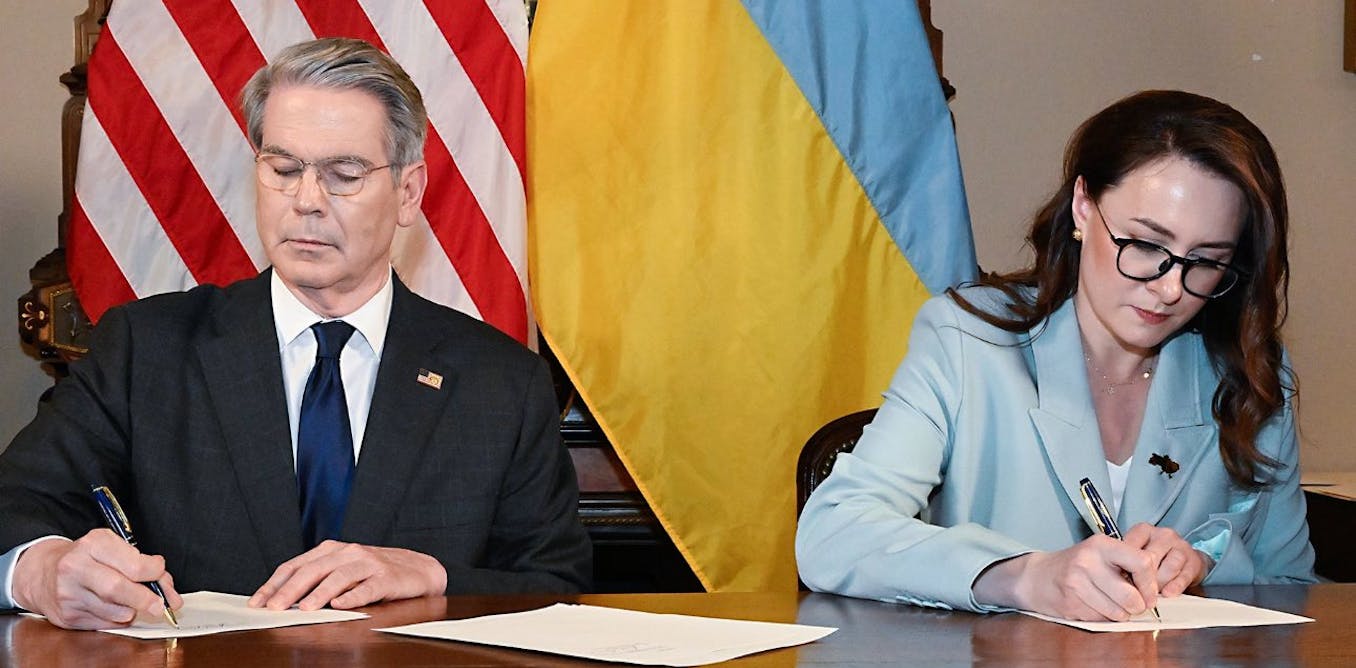Now Reading: Current legal frameworks can’t protect the oceans from deep-sea mining and the negative impacts on humankind
-
01
Current legal frameworks can’t protect the oceans from deep-sea mining and the negative impacts on humankind
Current legal frameworks can’t protect the oceans from deep-sea mining and the negative impacts on humankind

The global legal framework is struggling, with the United States’ geopolitical and resource priorities changing. On April 24, U.S. President Donald Trump signed an executive order to potentially allow deep-sea mining by Americans, signaling a shift in U.S. policy towards mining the international seabed. This move is driven by a desire to expand critical minerals extraction and fast-track mining approvals. The impact on marine environments between mining under international versus U.S. laws raises questions about environmental protections.
The United Nations has overseen a decline in ocean conditions, with the international seabed zone covering over half of the Earth’s surface. Created in 1994 under the UN Convention on the Law of the Sea (UNCLOS), this zone is often referred to as the “constitution for the oceans,” although it primarily serves as a framework for exploiting ocean resources. The UNCLOS lacks strong environmental safeguards, focusing more on regulating ocean exploitation than protecting marine ecosystems.
The International Seabed Authority (ISA), established by UNCLOS, manages the international seabed as humankind’s common heritage. While the ISA aims to regulate commercial mining, its lack of comprehensive environmental policies and scientific divisions raises concerns amid growing ocean crises. The ISA’s reliance on data from mining companies for decision-making suggests an extractivist governance approach, potentially compromising marine environmental protection.
Despite the ISA’s efforts to finalize regulations for deep-sea mining, concerns about marine ecological risks persist. The U.S., a member of the ISA, is exploring domestic laws to pursue seabed mining independently, bypassing international regulations. The future of marine research and governance may rely on a more science-based and environmentally conscious approach to safeguarding the ocean’s health.
In light of these developments, calls for a ban or moratorium on deep-sea mining are gaining traction. The ISA’s potential to evolve into a more environmentally responsible steward hinges on integrating marine science, social sciences, ocean humanities, and Indigenous knowledge into its governance framework. By prioritizing marine research and embracing a holistic approach to ocean stewardship, the ISA could play a more effective role in protecting the deep ocean for future generations.






